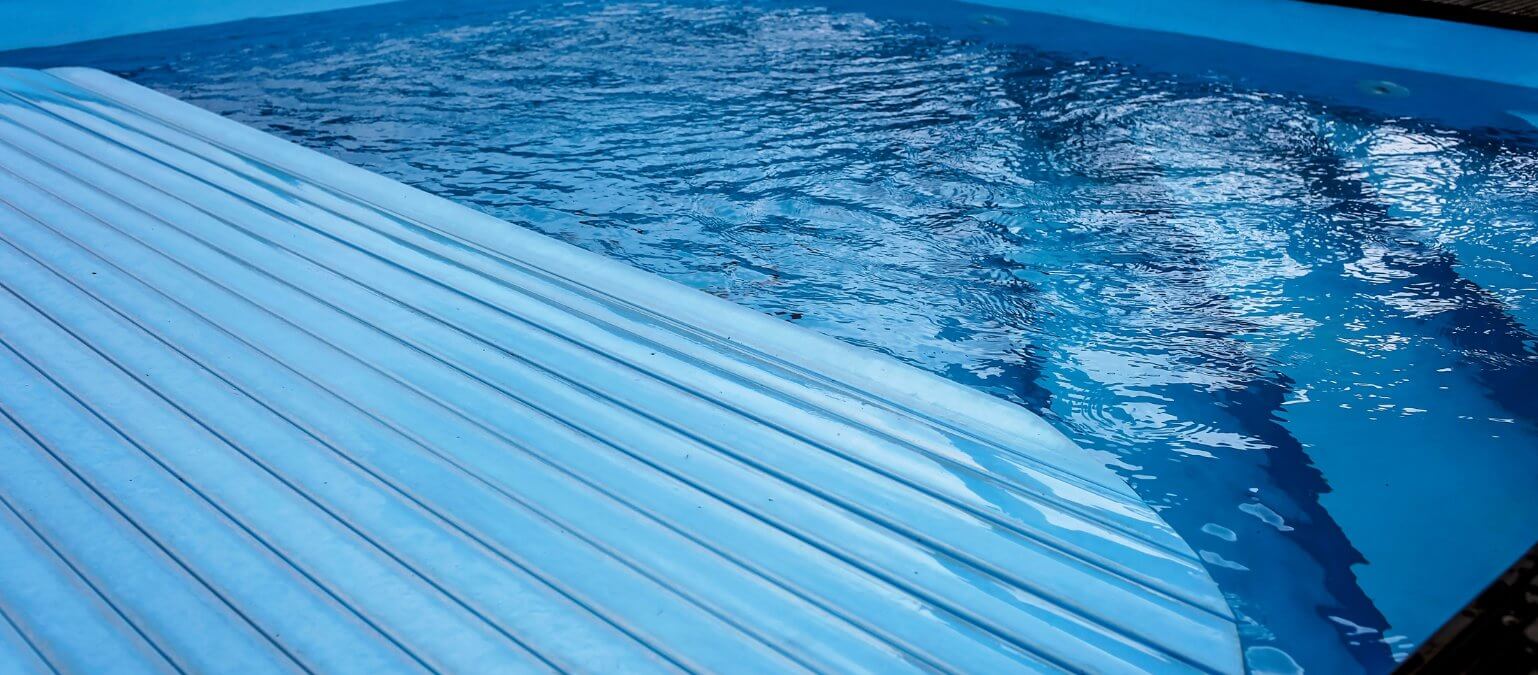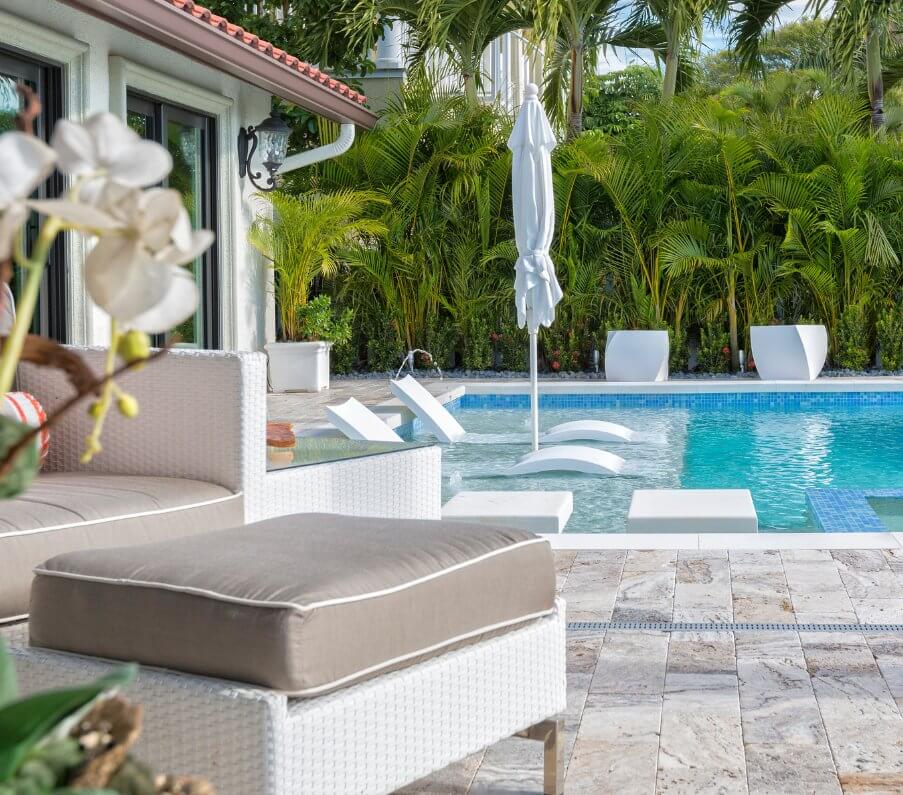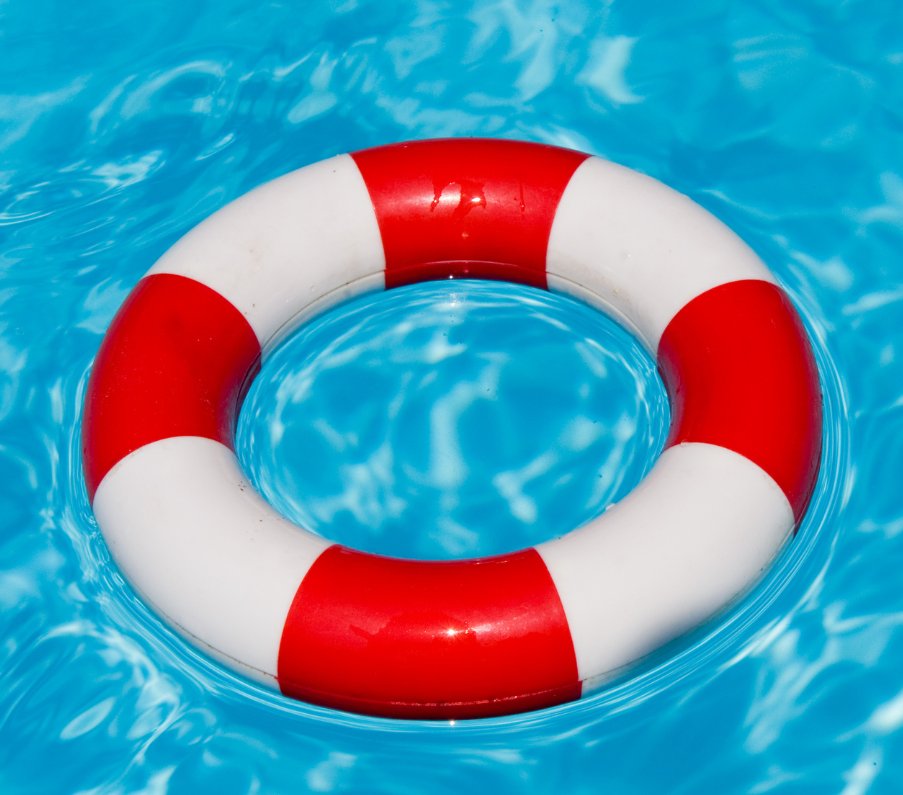Winter Pool Maintenance: Protecting Your Investment in the Off-Season
As the vibrant summer fades and cooler temperatures take hold along the Outer Banks, it's time for pool owners to turn their attention from cannonballs and floaties to covers and chemicals.

As the vibrant summer fades and cooler temperatures take hold along the Outer Banks, it's time for pool owners to turn their attention from cannonballs and floaties to covers and chemicals. While it might be tempting to "set it and forget it" once your pool is closed for the season, winter pool maintenance is absolutely essential for protecting your investment and ensuring a smooth reopening when the temperatures rise again.
In this blog, we’ll explore everything you need to know about winter pool care in the Outer Banks, why it matters, and how to avoid costly repairs down the line.
Why Winter Pool Care Matters in the Outer Banks
Though winters in the Outer Banks are relatively mild compared to northern climates, don’t let that fool you. The combination of salt air, coastal storms, temperature fluctuations, and humidity can wreak havoc on a poorly maintained pool. Even if your pool is closed and covered, neglecting winter maintenance can lead to:
- Algae growth
- Staining
- Freezing damage to plumbing and equipment
- Deteriorating water quality
- Expensive repairs in spring
Taking a proactive approach to winter pool care in the Outer Banks not only protects your pool structure and systems, but it also saves time, money, and stress when it’s time to open the pool in spring.
Step-by-Step Guide to Winter Pool Maintenance
Even though your pool is "off-duty" for the season, maintaining it doesn’t have to be overwhelming. Here’s a clear breakdown of the steps you should follow from the moment your pool is closed through to its spring reopening.
1. Balance Your Water Chemistry
Before closing your pool for the season, it’s critical to balance the water chemistry. Proper levels help prevent corrosion, scaling, and algae growth. Your target levels should be:
- pH: 7.2–7.6
- Alkalinity: 80–120 ppm
- Calcium Hardness: 200–400 ppm
- Chlorine: 1–3 ppm (or use a winter algaecide if closing for months)
Consider using a winterizing chemical kit designed for seasonal closures—it simplifies the process and adds an extra layer of protection.
2. Lower the Water Level (if needed)
In areas with the potential for freezing temperatures, lowering the pool water level is a smart move. This helps reduce stress on skimmers and tile lines. However, don’t drain your pool completely! In fact, for fiberglass and vinyl liner pools, keeping some water in helps preserve the structure.
Pro tip: For the Outer Banks, monitor winter storm forecasts. Sudden downpours can overfill your pool, so periodic water checks may be necessary.
3. Clean Thoroughly
Leaves, insects, sand, and debris can create problems if left in the pool over winter. Before covering:
- Skim the water surface
- Vacuum the pool floor
- Brush the walls
- Empty and clean the skimmer and pump baskets
Debris left behind can stain surfaces and affect water quality, especially in the Outer Banks where organic matter decomposes quickly in humid conditions.
4. Protect the Plumbing
If temperatures in your area drop below freezing, be sure to blow out the lines and add antifreeze designed for pools. This step is essential for preventing cracks and leaks in pipes and equipment.
Pool plumbing antifreeze is non-toxic and formulated specifically for use in winterized systems. Don’t use RV or automotive antifreeze, which can be harmful to your pool and the environment.
5. Cover the Pool Properly
A high-quality pool cover is your best friend during the off-season. Mesh covers keep out large debris while allowing rain to pass through, while solid covers block sunlight and help prevent algae growth.
In the Outer Banks, where wind and coastal storms are common, be sure your cover is tightly secured. Use water bags, cover clips, or a locking system to prevent shifting or sagging.
Regularly check the cover throughout the winter to ensure it stays in place and free of debris.
Ongoing Winter Maintenance Tips
Your job doesn’t end once the cover is on. Periodic winter maintenance is key, especially in a coastal climate. Here’s what to keep an eye on:
Inspect After Storms
Strong winds and rain can disrupt your pool cover, clog drains, and introduce debris. After a storm, inspect your cover and surrounding area.
Clear Standing Water
Use a cover pump or siphon to remove standing water that collects on solid covers. Stagnant water is a breeding ground for mosquitoes and can damage your cover over time.
Monitor Water Level
Heavy winter rainfall can cause overflows. Check water levels monthly and drain as needed to prevent potential flooding or strain on the pool structure.
Check Equipment
Even though your pump and heater may be off, it’s smart to periodically inspect equipment for signs of wear, rodents, or moisture intrusion.
When to Reopen Your Pool in the Outer Banks
Spring arrives earlier in coastal North Carolina than in many other parts of the country, and it’s a great idea to get ahead of the summer rush. As a general rule, aim to reopen your pool when:
- Nighttime temperatures stay consistently above 60°F
- Pollen season has passed (to avoid excessive cleaning)
- You’re ready to swim or rent your property for vacation season
Opening your pool early not only extends your swimming season, but also makes maintenance easier. As the water warms, algae growth becomes more aggressive—waiting too long can make the process much more difficult.
Hire a Local Professional for Winter Pool Care
For many homeowners, especially vacation property owners, managing pool care from afar is a challenge. That’s where a local Outer Banks pool service company can be a lifesaver. Many offer seasonal service packages that include:
- Weekly or monthly winter checkups
- Emergency storm cleanup
- Early opening services
- Equipment inspections
Working with a professional ensures that your pool is properly maintained even when you're not around to check on it yourself.
Final Thoughts
Your pool is a major investment—and one that adds joy, beauty, and value to your Outer Banks home. But just like a car or a house, it needs proper care year-round. By taking steps to protect it during the off-season, you’ll not only save money but also make spring opening a breeze.
With a little planning and regular upkeep, winter pool care in the Outer Banks can be stress-free and highly effective. So cover it up, check in regularly, and rest easy knowing your pool is safe until summer rolls back around.




